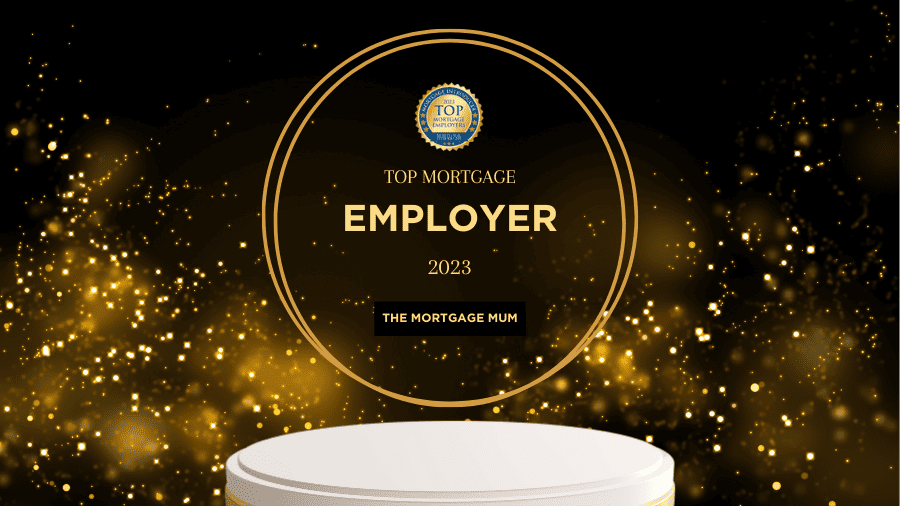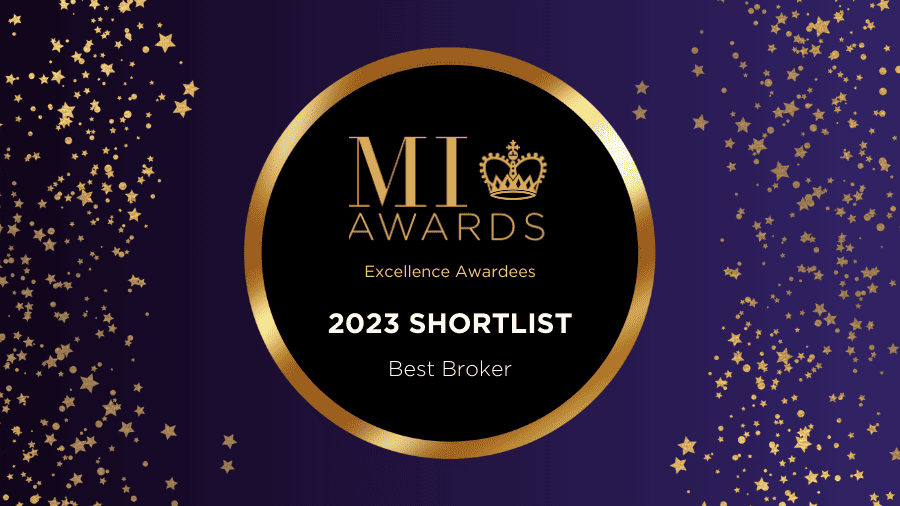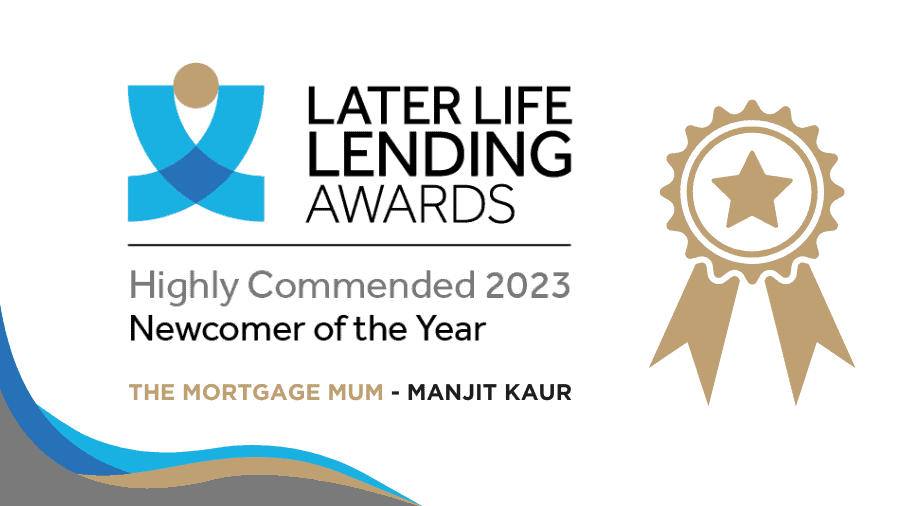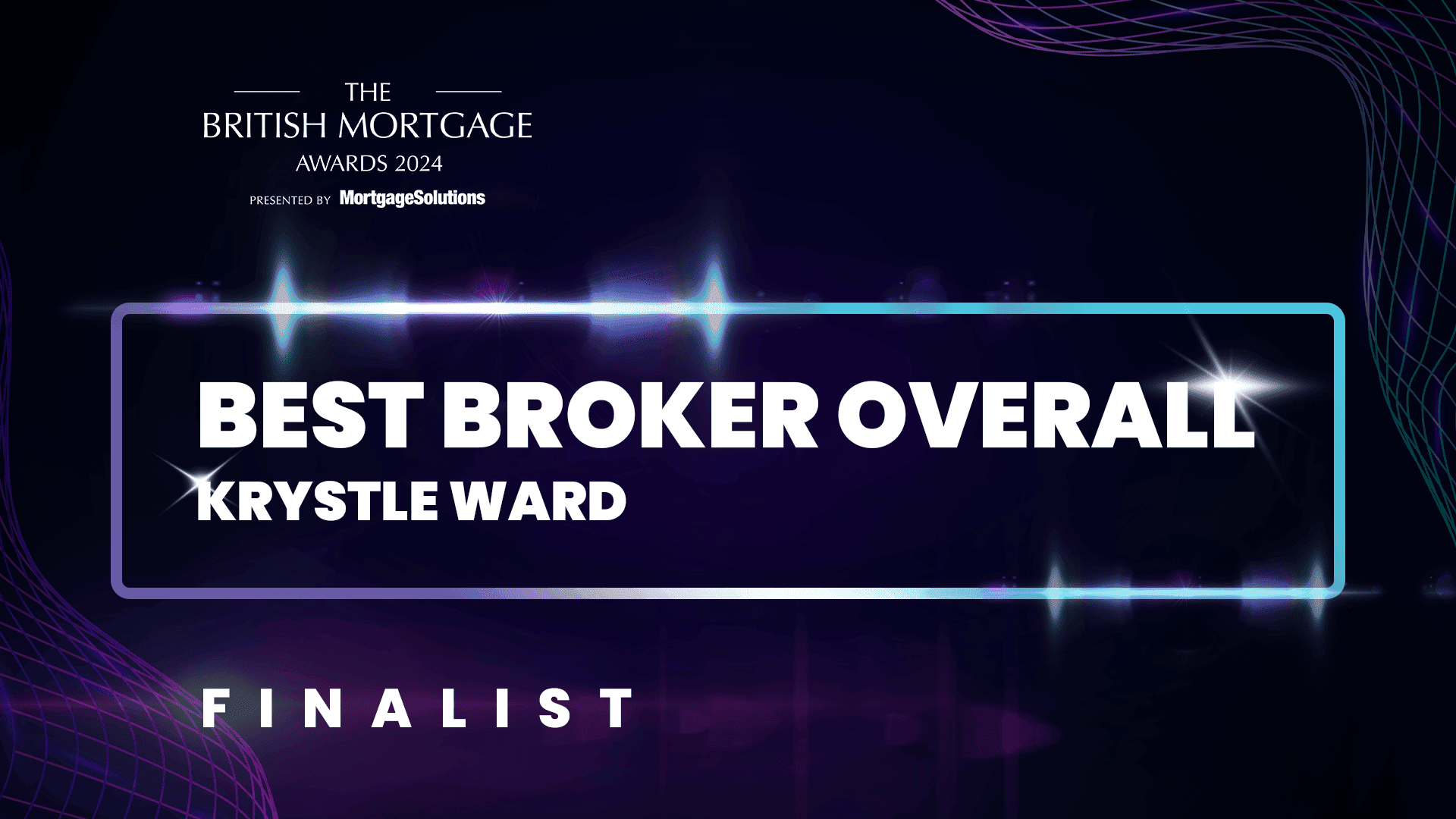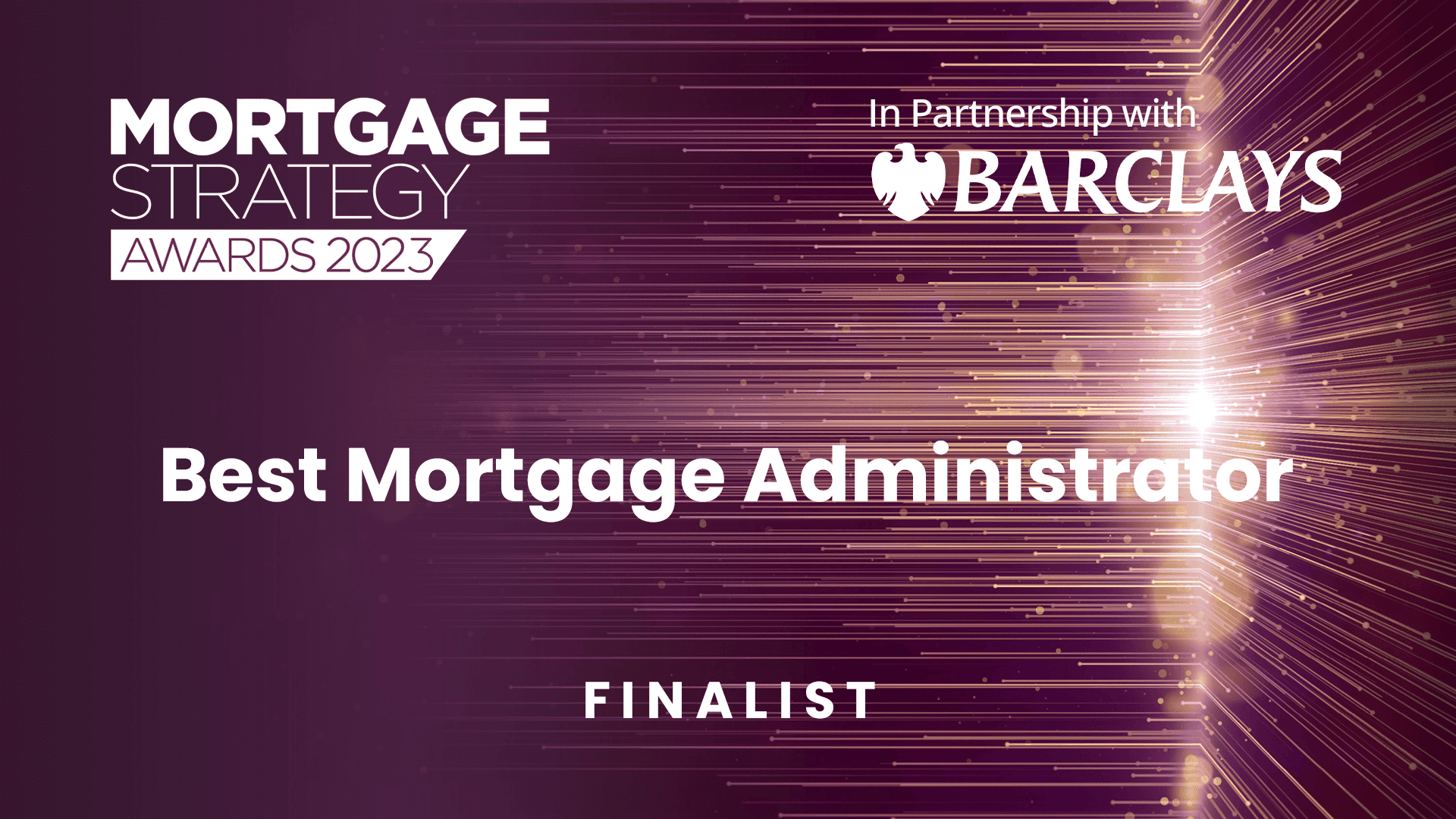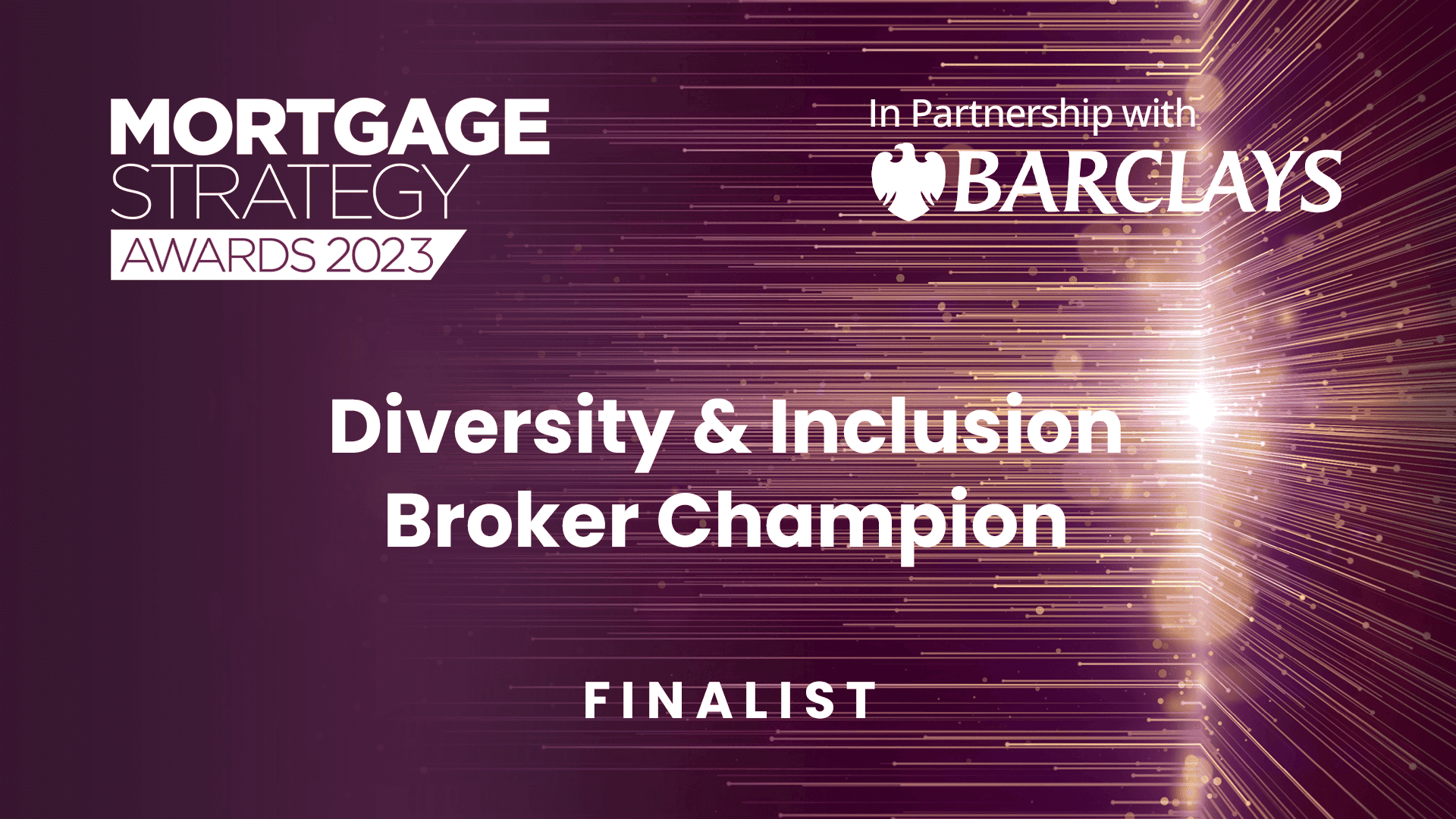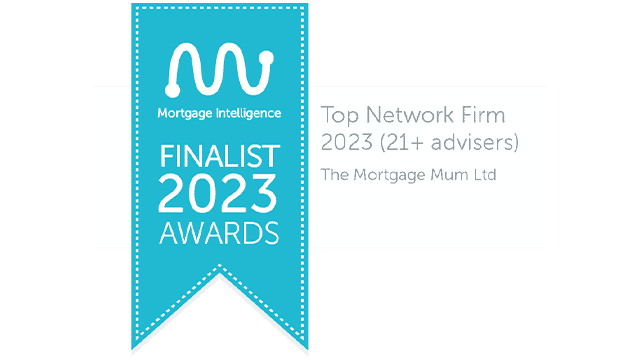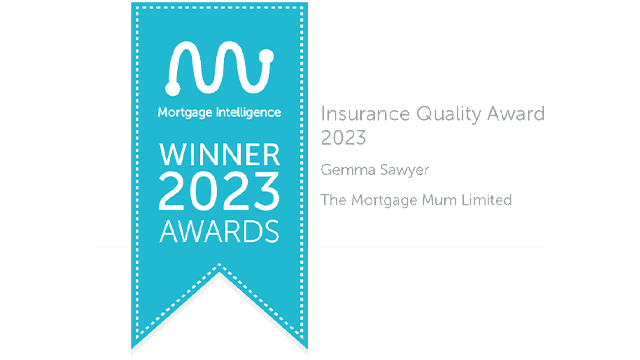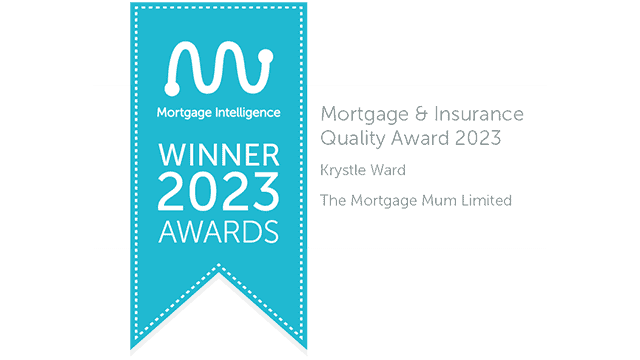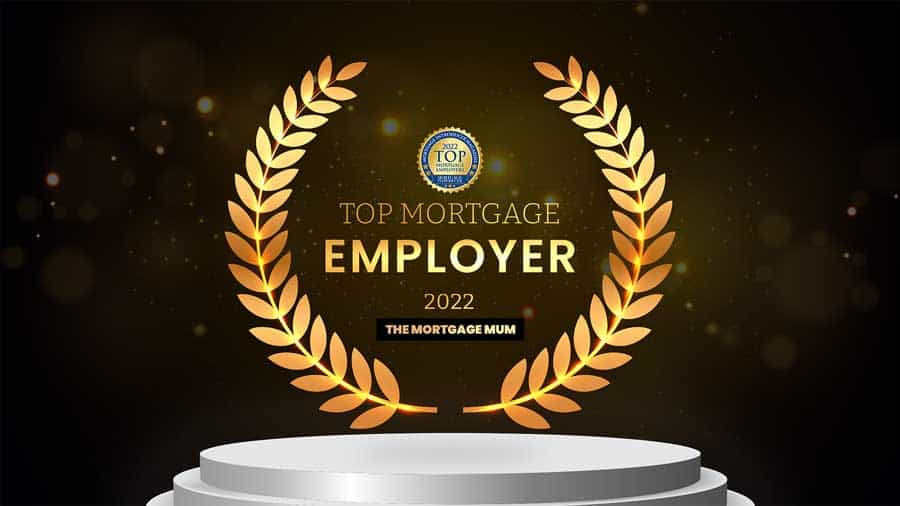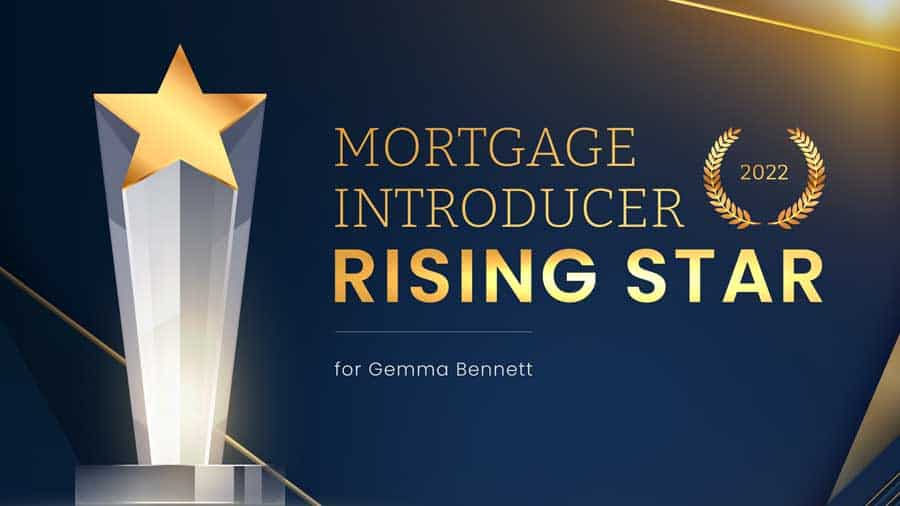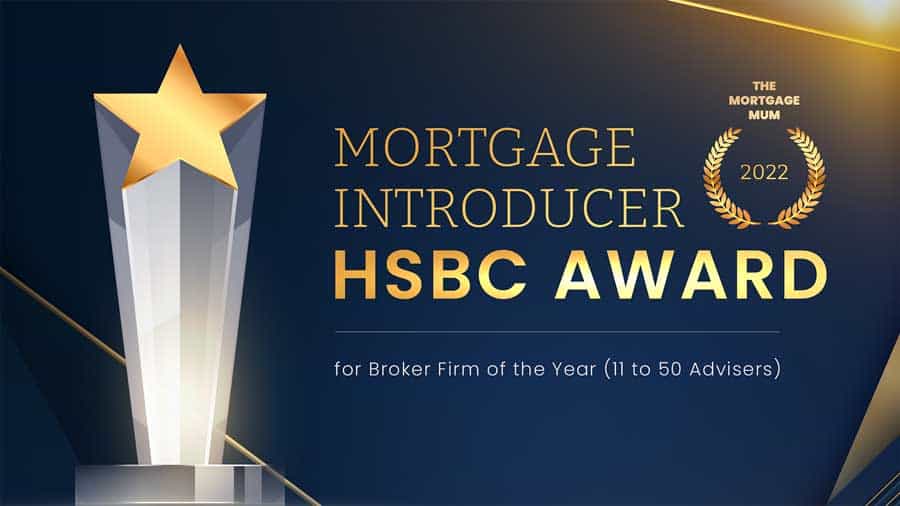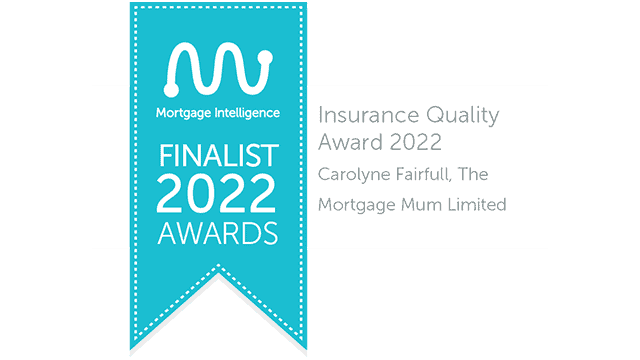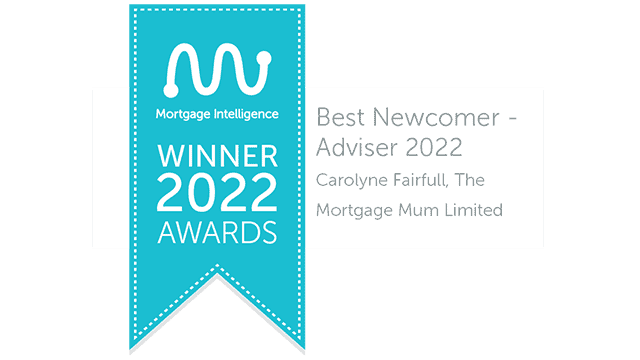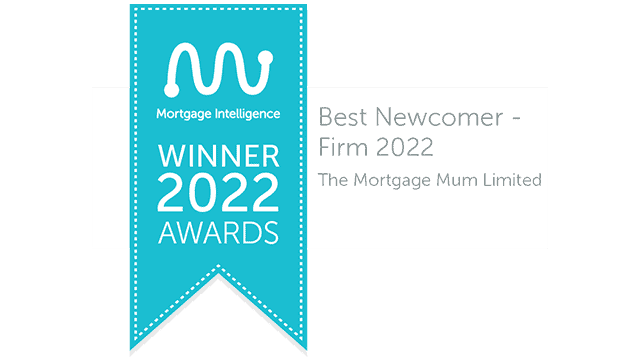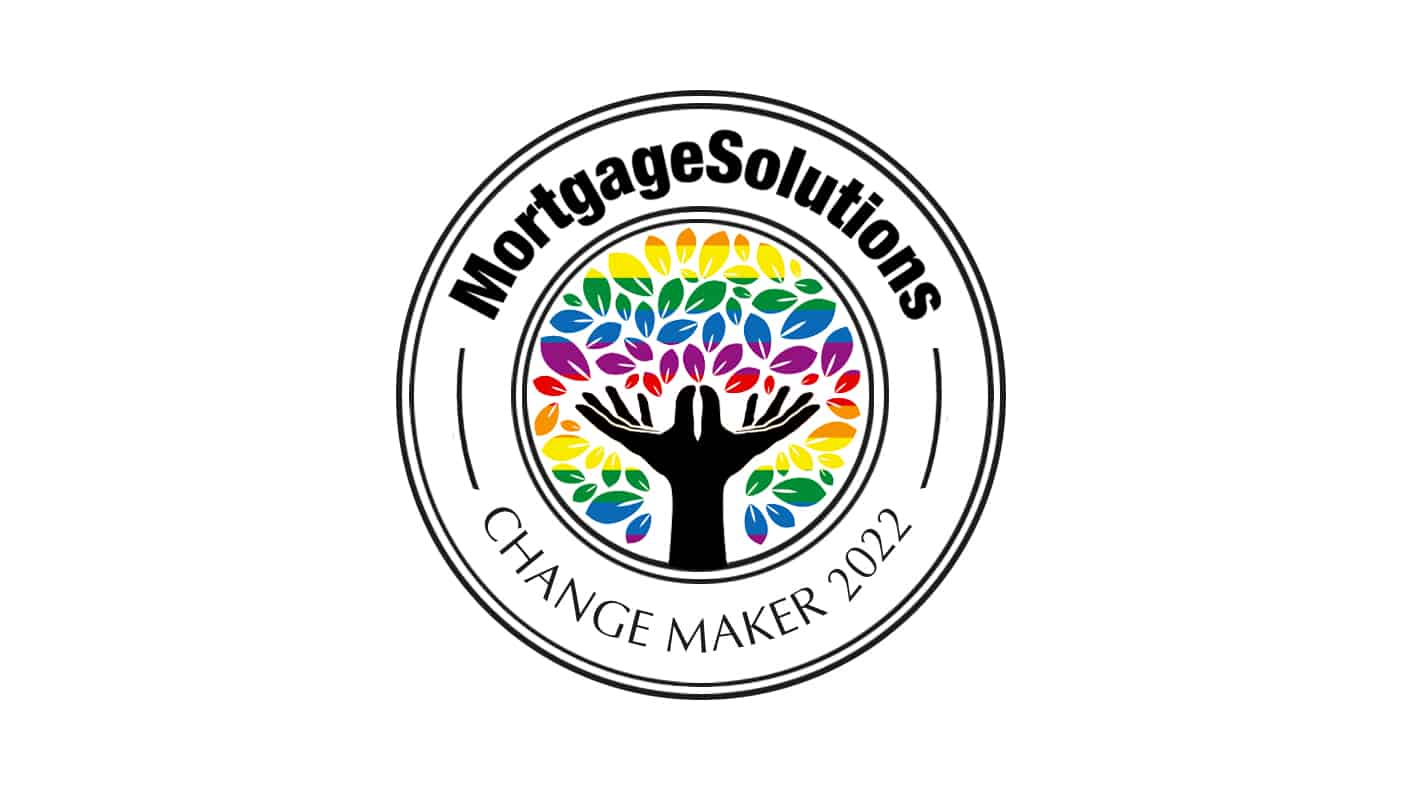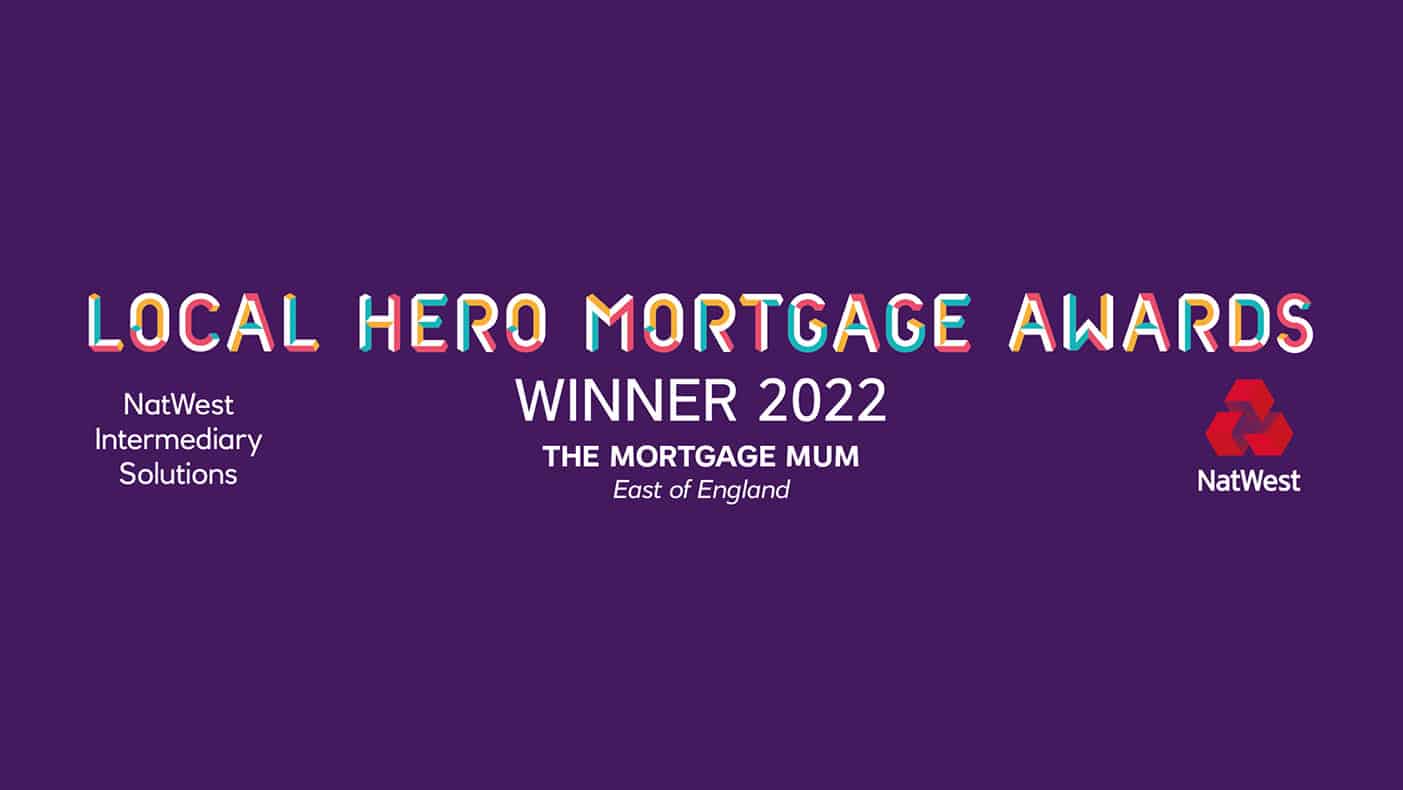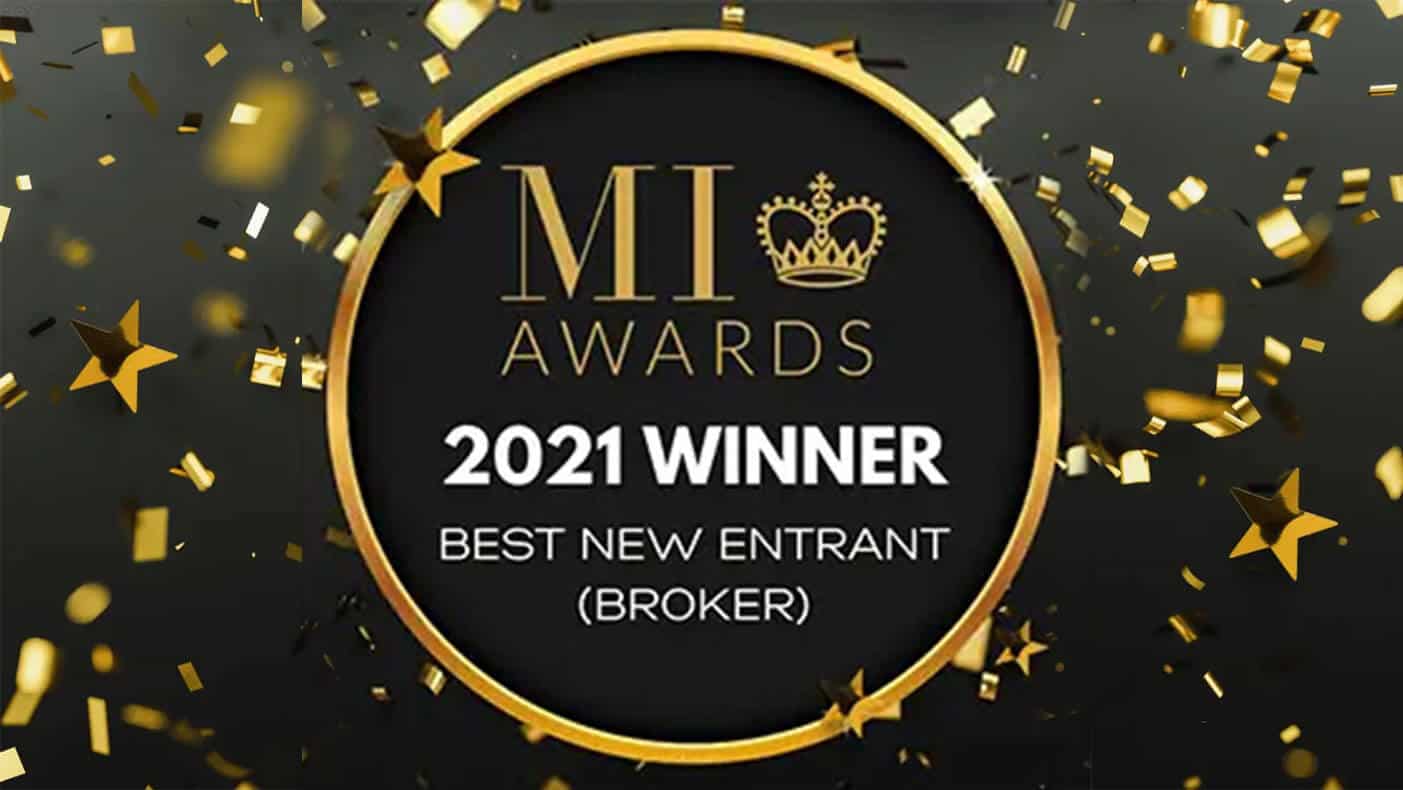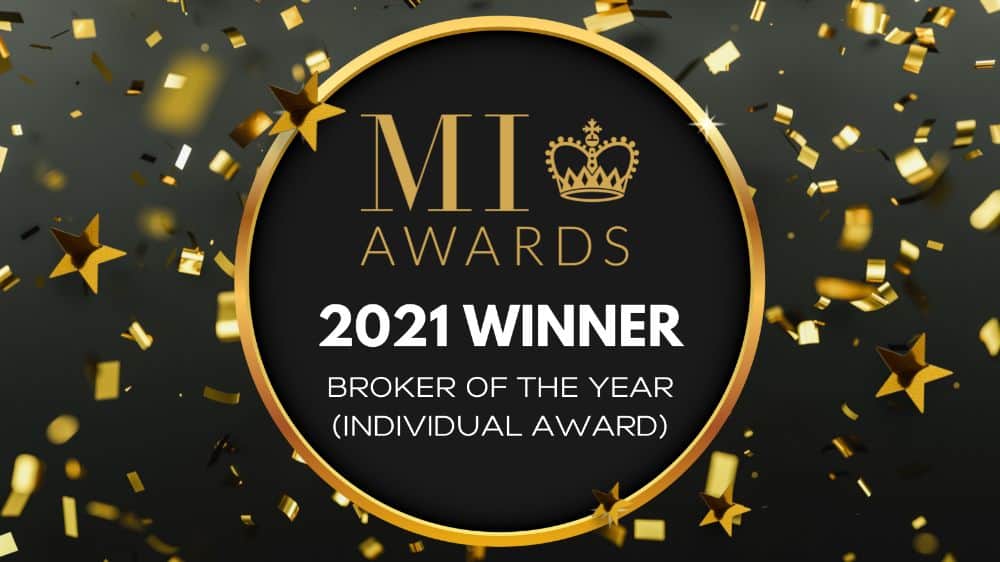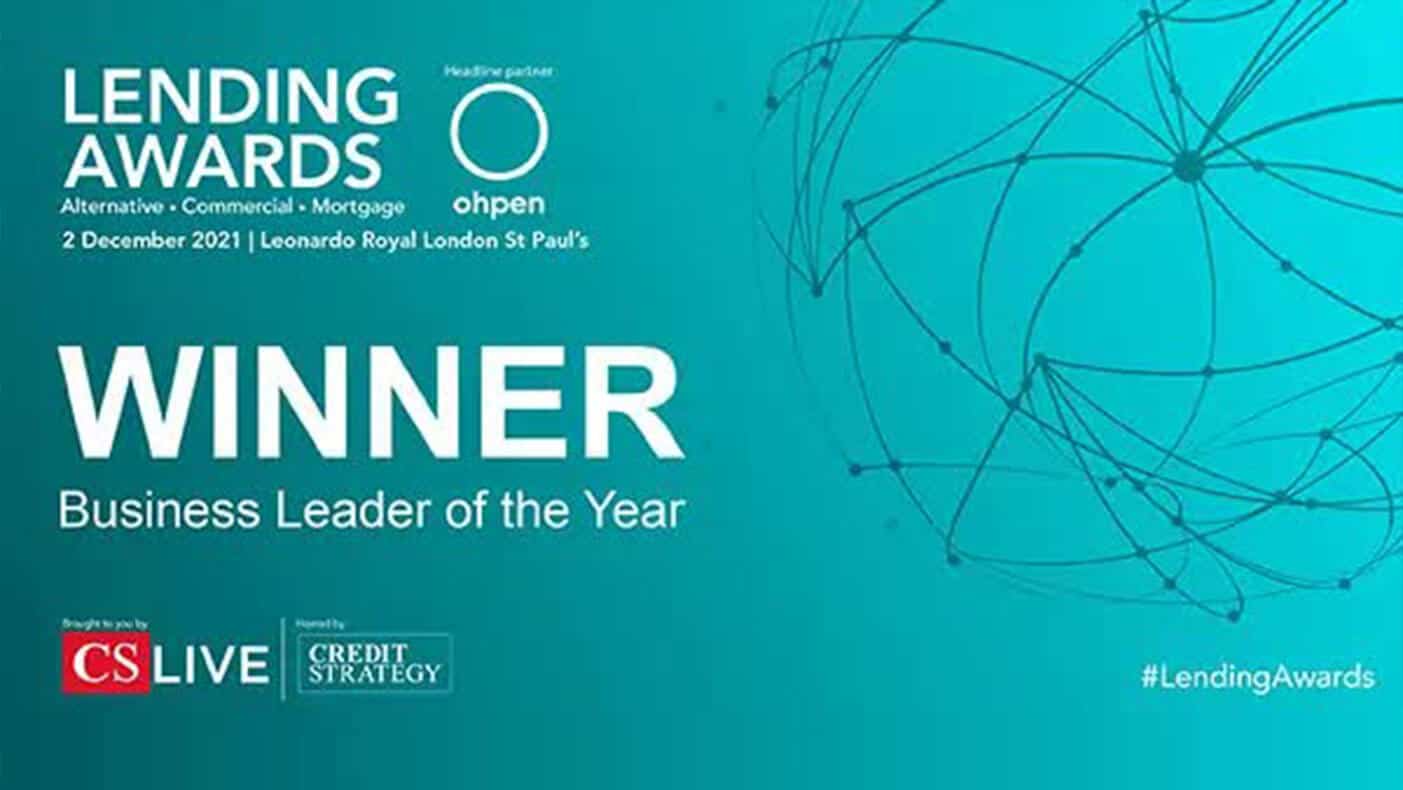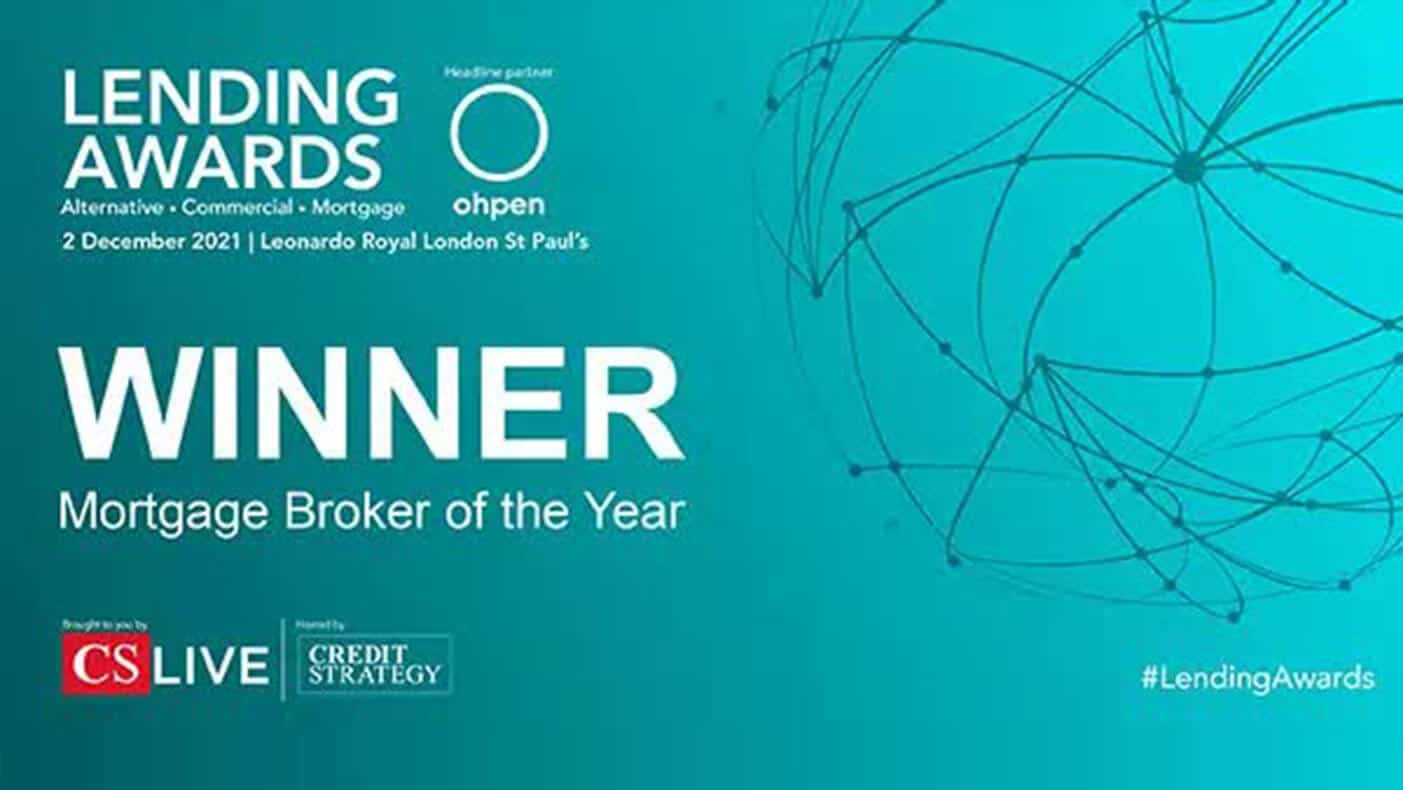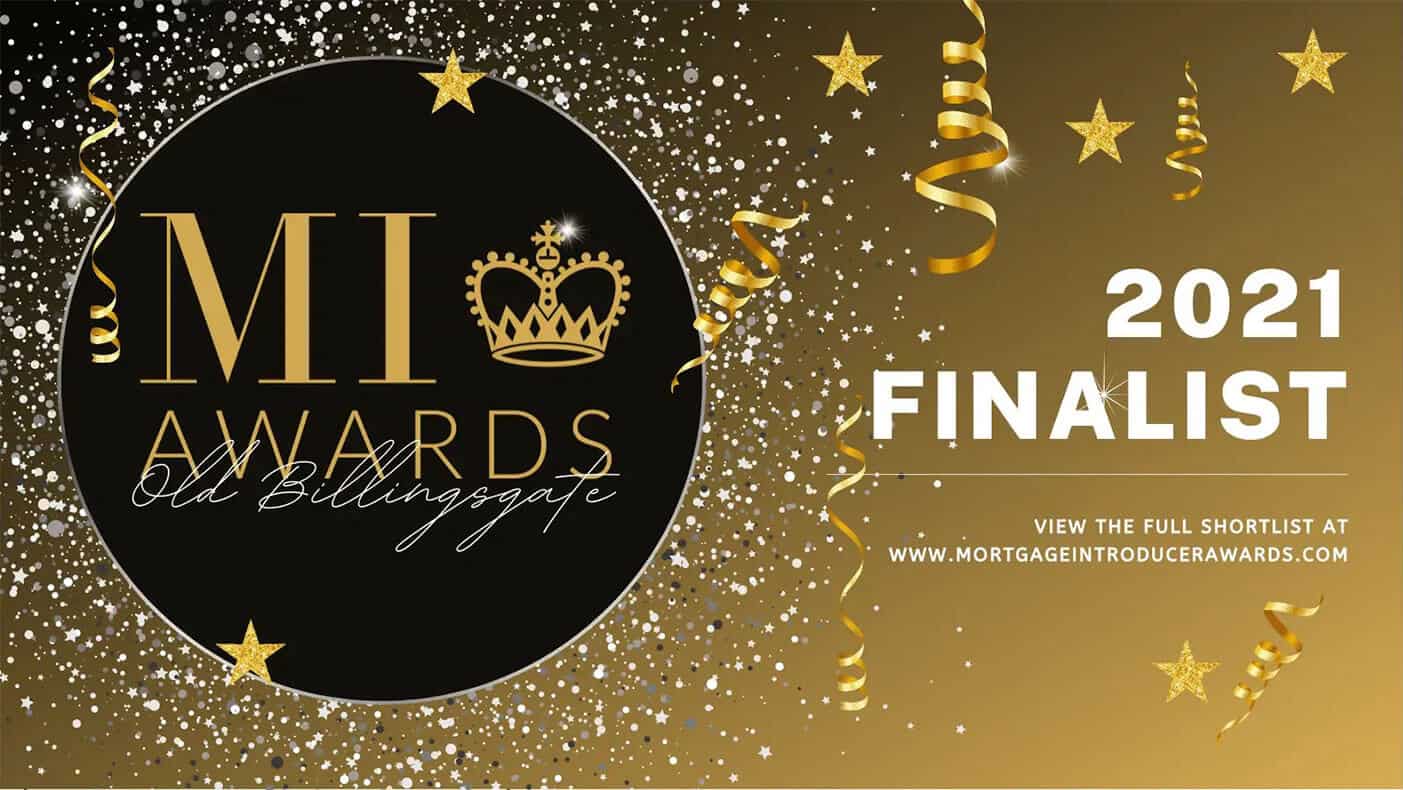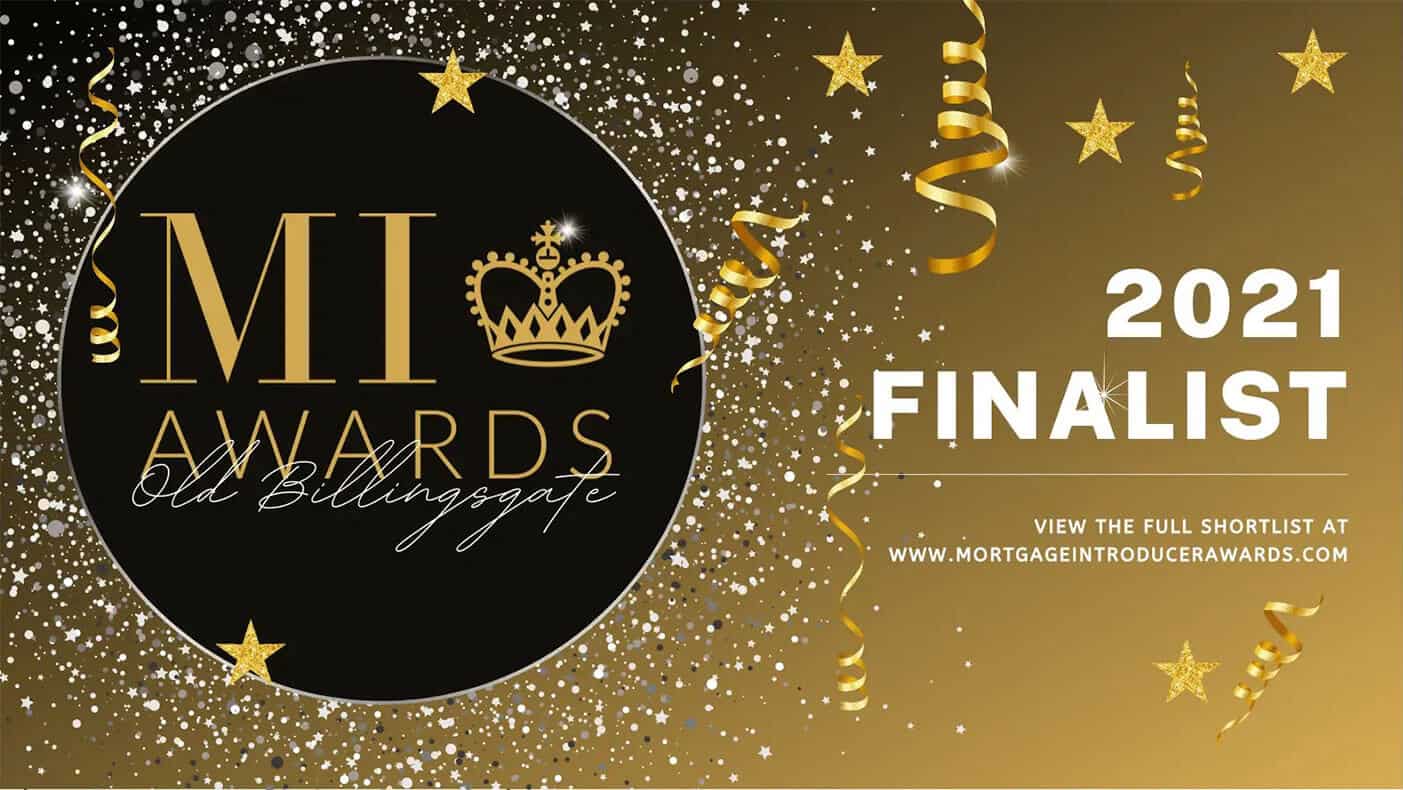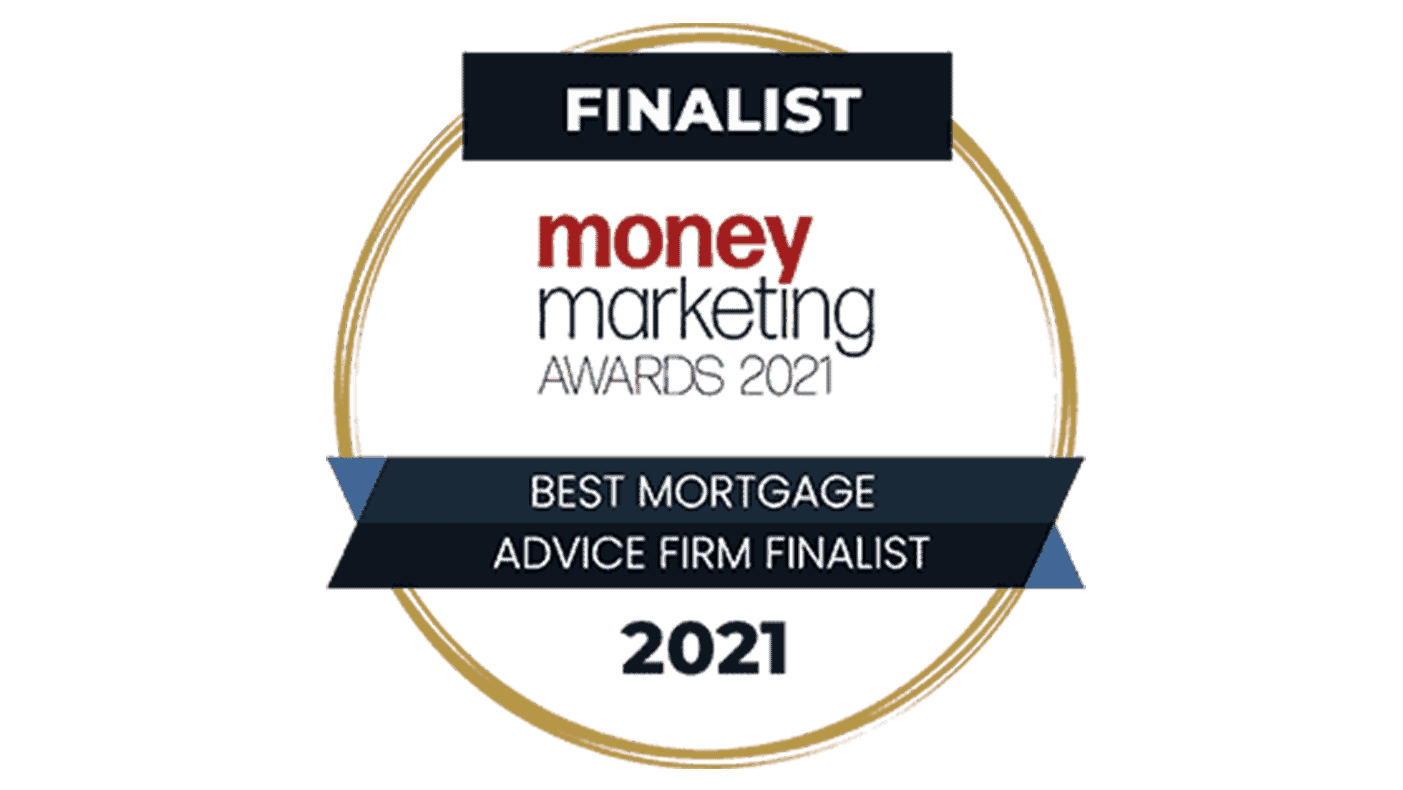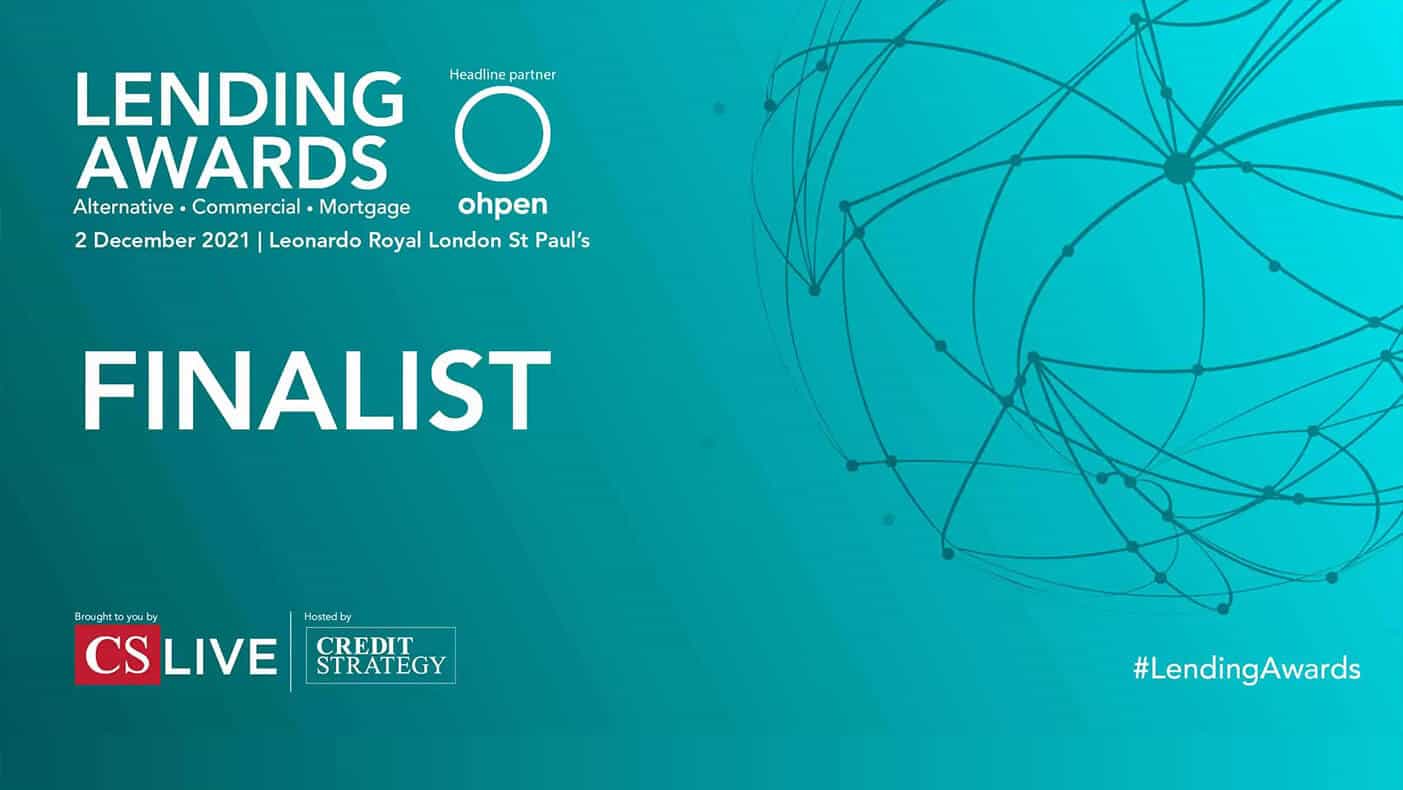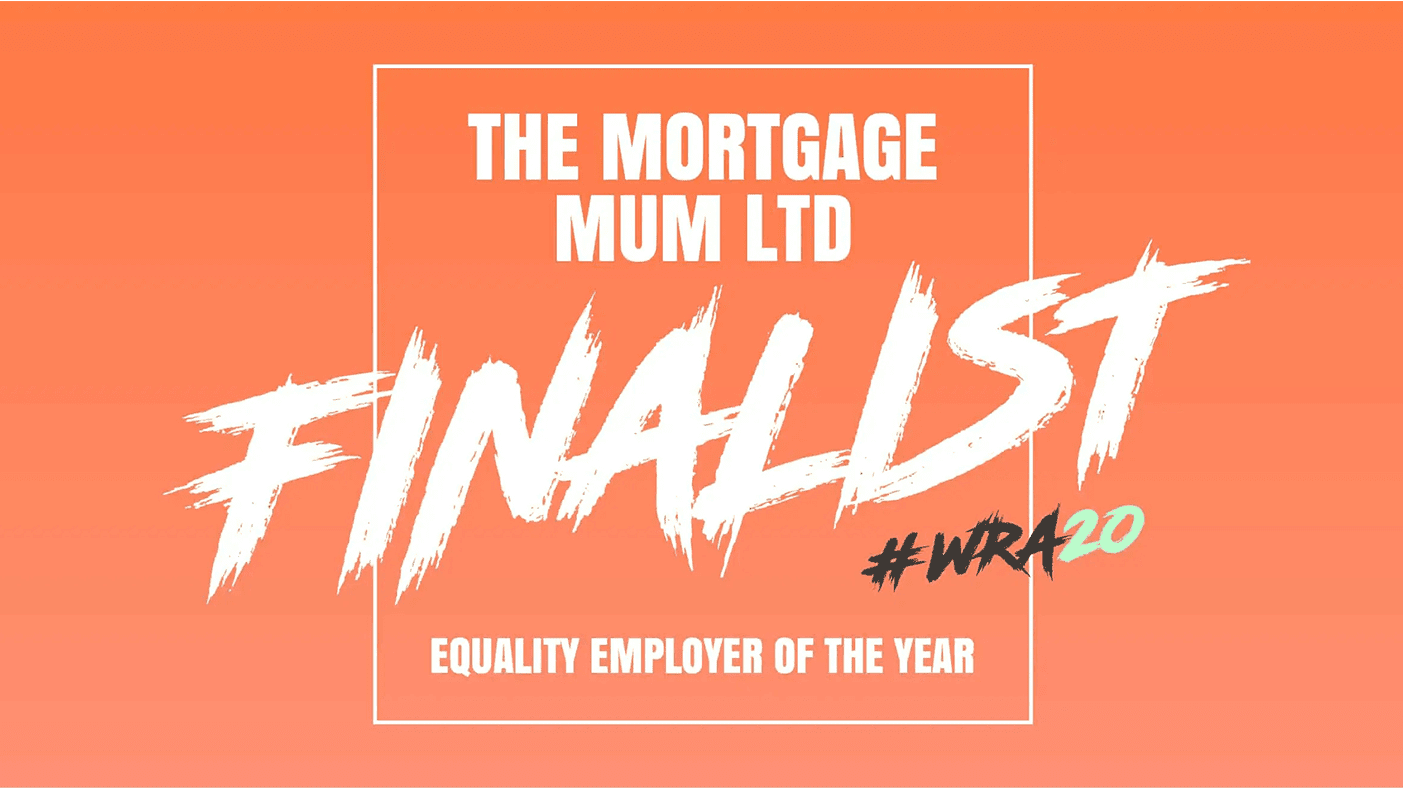Remortgaging for Debt Consolidation
Hello, and welcome to today’s episode of The Mortgage Mum podcast, where we’re talking about remortgaging for debt consolidation.
Some people don’t realise that this is an option, and that they can make a long-term plan using their mortgage if they’re sitting on lots of debt on credit cards or personal loans. Today, we’re going to demystify this topic and hopefully empower you to make the right choice.
As always, Tessa is going to be asking me your questions and I will hopefully give you all the answers you need by the end of this episode.
Are there any specific eligibility requirements for remortgaging for debt consolidation?
It’s like any remortgage. We’ll make sure the fundamentals are there. The first thing is to look at how much equity you’ve got in your property. House prices typically go up every year and Halifax reported that they went up 4% last year. You’ll hopefully always make money in your property while living in it.
We need to know the current value of your property. If you need help with that, local estate agents are often very happy to value your property. There are other ways to determine that value and your advisor can help too.
How much equity do you have in the property? In the mortgage world, we look at a percentage called your Loan to Value. We’ll looking at the current Loan to Value
and how much wiggle room there is to add more onto your mortgage.
Firstly, you need enough equity. Secondly, you need to be able to afford the additional mortgage. Imagine adding that debt on to your current mortgage balance. Can you afford that on your income?
We also have to factor in something called the Debt to Income ratio, ultimately looking at what you earn versus your total debt. As always, we need to know you can afford the mortgage.
We need to see you’ve got a job with stable income, and ideally a nice clean credit score. But as I’ve said in previous episodes, that’s not a blocker to you getting a mortgage. It’s not a definite no if you have some arrears or defaults.
How do I determine if remortgaging for debt consolidation is the right option for me?
Let’s start with the practical factors – like what interest rate are you going to pay on your mortgage compared to the rate you’re currently paying on that debt?
If you’ve got a 0% credit card, it might be really bugging you and you want it gone. But you’re potentially bolting that onto a mortgage at say 5% or 6%, which doesn’t make sense. It’s an advisor’s job to look at that interest.
Your advisor should show you the difference between paying it on your mortgage and keeping it where it is. Most mortgages are 20 or 25 years – sometimes longer. You’re going to be paying this debt off over a much longer period of time by adding it to your mortgage – and that obviously affects your ability to repay the mortgage overall.
Let’s say you’ve got a credit card, a personal loan and finance for a sofa. The loan for the sofa might be on 0%, the credit card might be on 10% and your personal loan might be on 15%. We might be able to get you a mortgage at around 5%. We would be showing you the difference in what you’ll pay in interest.
It might sound good to have no debt except your mortgage – but actually you could be paying more that way. Bring it all to us. Let’s put it all on the table and look at it together to decide what’s going to be best.
What factors should I consider when deciding whether to remortgage for debt consolidation?
The emotional factors are important too. Debt and money worries are the biggest source of sleep deprivation. Actually, I’m not getting much sleep at the moment with my lovely baby/toddler – but apparently money worries are worse.
If you are in debt and you can’t see a way out of it, that can weigh extremely heavily. The stress that money worries can put on your body and mind, and your ability to enjoy life, is huge. It’s hard to put a price on that stress.
When I speak to clients about debt consolidation, I ask how much it is bothering them on a daily basis. Are they carrying shame about this debt? Is it affecting their choices? There’s a lot of work needed to stop people from doing it again. It’s really important to talk about, because bad habits don’t just go away. We have to replace them with good ones.
Lots of us spend more than we have. We use credit cards and see 0% as free money. The cost of living is higher than ever. It’s very easy to do, especially around Christmas. I’m guilty of it too – I’ve got enough for my children but there’s always more you can buy and it feels like part of the enjoyment of life.
I look at how much of a weight this has on you and how much it would impact you to consolidate that debt – and most importantly, how can we make sure you don’t do it again? These are questions only the individual can answer, and their relationship with their advisor will affect how honestly they will answer those questions.
To me, it’s not just a paper exercise of rates and money and pounds and pence. It’s about your wellbeing, the ability to learn from your mistakes and reset your financial position. That is so powerful.
What types of debts can be consolidated through remortgaging?
Lots – credit card debt, personal loans, overdrafts, car loans, phone loans, secured loans. Any kind of unsecured debt and secured debt – if you’ve got a second charge on your property, for example, it can be consolidated.
Anything can be looked at. We work out which things are worth consolidating within the mortgage and whether some things aren’t worth doing.
Speak to an expert
We will work at times that suit you and your family, carrying out appointments via video call, telephone or email, giving you the benefit of first class service, around your own schedule, and in the comfort of your own home. So let us handle your mortgage today and find out how well we can look after you, The Mortgage Mum way!
Will remortgaging for debt consolidation affect my credit score?
Yes, and I understand why people ask this, because different credit exchanges are going on.
Your credit score currently shows a mortgage and perhaps a couple of credit cards and a loan – the things you’d like to consolidate.
The positive is that your debt is going into one place. If you maintain those payments it can improve your score – because you’ve not got as many tabs open, if you like. Something people don’t realise is if they’re maxing out their credit cards, that has a negative impact on your credit score, even if you are keeping up repayments.
I really believe that should be advertised more. Yes, your credit limit might be £10,000, but we don’t like to see you going right up to that maximum. It suggests to a lender that you’re spending everything you have access to. It can often have a better impact on your credit score to put that debt on your mortgage.
The negative is obviously that you’re going to have a credit check – or perhaps several – done on a higher loan amount. Make sure you’re not doing too many credit checks on your file and your advisor is confident in your affordability before they do a hard footprint. It’s okay to do one or two, but doing a lot can affect it negatively.
There might only be a temporary reduction in your score, but it’s still worth mentioning because if you’re looking to try and consolidate, it’s annoying to feel that you could have avoided it. Always ask your advisor. At The Mortgage Mum we’ll always tell you.
How do interest rates on a remortgage for debt consolidation differ from other types of loans or credit?
They’re typically going to be lower on a mortgage than credit cards or personal loans. You do have variations – I’ve mentioned 0% credit cards, for example, but generally while mortgage rates are lower, you’re typically going to be paying it for longer than a personal loan.
The overall cost might not be that different, but of course it will make a huge difference to you monthly. You could have much lower monthly costs by spreading it in your mortgage – that can allow you to get out of the position you’re in more quickly.
You have to look at the long- and short-term benefits. Interest rates for remortgages are higher than they typically were, at the time that we’re recording this in January 2025. That’s something to take into account. But of course, all debt has higher rates. So market conditions do play a part in this decision, but typically you are going to pay a lower rate on a remortgage.
How long does it typically take to complete the remortgage process for debt consolidation?
There’s no real difference. I would say a typical remortgage takes between four and eight weeks, sometimes longer and sometimes much less. It’s worth having that timeframe in mind.
I always say the time to have the first conversation is six months before your rate expires. It’s good to plan ahead. There might be things you need to do before the remortgage, to help the overall position. Leave lots of time – as if interest rates fluctuate, your advisor can change the rate along with the market.
Make sure you’re working with someone that will do that for you and won’t charge you again. If you’ve got a really good application and you’ve got all your paperwork, sometimes we can have offers on the same day or the next day.
That’s the offer, by the way, not the money. You’ve still got to go through a legal process. We are seeing lenders respond very quickly to applications at the moment. As always, it depends who your lender is and what your application looks like – and ultimately how good your advisor is.
What costs and fees should I expect when remortgaging for debt consolidation? Will I have to pay any penalties fees to remortgage for debt consolidation?
There’s no penalty fees for doing debt consolidation unless you’re trying to come out of a mortgage earlier than it’s due. Let’s say your rate is due to expire this time next year and you want to do it now. If you want to leave that lender, it’s going to cost you.
If that’s something you’re considering, talk to us first. You can actually bolt the consolidation on with your current lender if that’s affordable and there’s enough equity. You can take an additional mortgage with that lender and avoid that early repayment charge.
It’s called a further advance. So if your debt is really weighing you down and you don’t feel you have options, you could explore that at any time.
Typically, with a remortgage or a further advance the valuation will often be free, but there will often be an arrangement fee or an admin fee. Of course, if you work with an advisor, they’ll potentially charge you a broker fee. So you’ve got a few fees to consider there, but nothing too onerous or expensive.
Can I include my existing mortgage in the remortgage for debt consolidation?
People sometimes don’t realise that we are including your existing mortgage. We’re either going to be replacing it or adding to it. It’s part of the transaction. Therefore we need to know what that existing mortgage balance is.
What are the potential tax implications of remortgaging for debt consolidation?
There’s none I’m aware of, but I’m not a tax advisor, so feel free to check with a specialist. But generally mortgages and mortgage interest isn’t tax deductible. It used to be in the rental market, but not now. So it’s not generally going to have an impact on tax – unless there’s something I don’t know.
Can I still access additional credit after remortgaging for debt consolidation?
Yes, you can access additional credit, but obviously, I would be asking the question, why? What’s it for? As I said earlier, it’s about breaking that habit.
The last thing we want – but unfortunately we do see it – is where we do a debt consolidation remortgage for somebody, and they come back in two years’ time, they’ve done the same thing again and want to consolidate.
Lenders and mortgage advisors don’t like that – because it means that person has not learned from what they did before. They have a pattern of spending that makes us and the lenders uncomfortable. I would strongly encourage you to have this conversation with your advisor beforehand.
You do not want to be in the same position in two years’ time, because you’ve only got so much equity. There’s only so much your house is going to go up in value, unless you’re spending money on your house instead of debt consolidation.
That habit is a very hard one to break – and the day that you can’t reset it using your remortgage is going to be a difficult one and will put you in a very challenging position.
I would strongly encourage you to pause and ask yourself, if you are doing the same thing again, do you need the extra credit? Why? Instead, talk about adding that into the remortgage.
If you still need £10,000 to get the bathroom done or whatever, you can do both. You can do some consolidation and add home improvements on your remortgage if there’s enough money in the pot and there’s affordability there. The more we know, the better. We can actually help fund that as well, if needed.
How can I ensure a smooth transition when remortgaging for debt consolidation?
It’s always all about being prepared with documents, but also choosing the right advisor. Sinking into this conversation with the right person is essential – because this is going to bring up emotion for you.
You’re going to feel something, whether that’s shame or embarrassment. I’m not saying you should feel those things, but often they do accompany this kind of remortgage. You want to have someone that’s going to guide you, not just in the nuts and bolts of the mortgage, but also on the emotional side. The mindset around this is going to help develop your relationship with money going forward.
I just want to normalise that. All of us have a relationship with money, good or bad. You might learn about money and do good things with it for a while, but you’ve got to keep those good habits up. Our relationship with money changes all the time, depending on what we’re going through in our life and how we’re feeling. Life forces us to feel things all the time, and money, unfortunately, is closely linked to that.
Are there any alternative options to remortgaging for debt consolidation to consider?
Definitely. Balance transfers, for example, to a 0% card could buy you some more time – and that might be all you need.
You can look at personal loans. They might have higher rates, but it won’t put your home at risk if you can’t keep up repayments. That’s really important to mention. If you’re struggling with the repayment side of things each month, you don’t want to put your home at risk.
You can work with people you owe money to and try to come up with repayment terms. Tax is often something people want to clear – you can speak to HMRC to find an arrangement that is more affordable.
The alternatives should absolutely be explored as well as the remortgage for debt consolidation – then you can weigh it all up.
What else do we need to know about remortgaging for debt consolidation?
I hope people really listen to this one, because I’m really passionate about this topic. And as someone that’s been through this, made mistakes and rectified them, I am so grateful for the advice I took in the end.
I just want other people to feel the freedom that that gave me. I haven’t looked back since. Our mistakes and our past don’t define who we are and who we can become.
If you’re in a sticky situation, have a chat with us. If we can’t help you, we’ll tell you, but we’ll always send you away with some good advice for some empowered decision-making.
THINK CAREFULLY BEFORE SECURING OTHER DEBTS AGAINST YOUR HOME. YOUR HOME MAY BE REPOSSESSED IF YOU DO NOT KEEP UP WITH YOUR MORTGAGE REPAYMENTS.
YOU MAY HAVE TO PAY AN EARLY REPAYMENT CHARGE TO YOUR EXISTING LENDER IF YOU REMORTGAGE.























